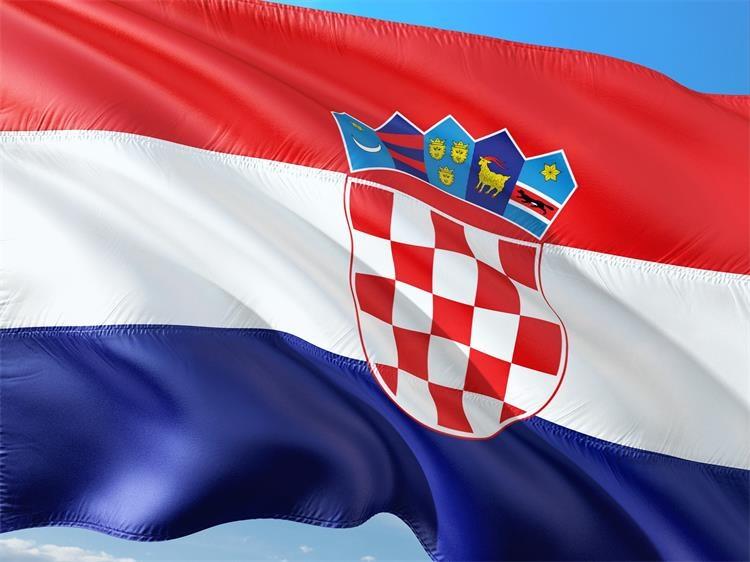
Zagreb - Parliament Speaker Gordan Jandroković on Saturday congratulated all Croatian citizens and Croats at home and abroad on the 30th anniversary of Croatia's international recognition.
He said in a note that on 15 January 1992, during the Homeland War, when nearly a third of Croatia was occupied by the Yugoslav People's Army (JNA) and Serb paramilitaries, Croatia became an internationally recognised state. Jandroković recalled that the recognition was gradual and that it followed two historic parliamentary decisions of 25 June 1991 - the Constitutional Decision on Croatia's sovereignty and independence, and the Declaration proclaiming the sovereign and independent Croatia. That was preceded by an independence referendum on 19 May 1991 at which 93.24% of voters voted for Croatia as a sovereign and independent state, he said, adding that the decisions of 25 June 1991 were the constitutional and legal framework for independence.
In that way, Jandroković noted, Croatia launched the separation from the Yugoslav federation and its republics and requested to be internationally recognised. The enforcement of the decisions was delayed by three months, with the international community's mediation, so that the political crisis could be solved peacefully, he said. But after the three months, he added, JNA aircraft shelled the government building, which made it clear that, unfortunately, Croatia would not be able to achieve its independence peacefully by enforcing the democratic will of its people, but would have to fight for its freedom in the Homeland War.
Military victories helped the democratic struggle
The military victories helped the diplomatic struggle for international recognition, which led to a key diplomatic victory and membership of the UN in May 1992, Jandroković said. Thereby, he added, Croatia confirmed its sovereignty and rightful place in the international community.
The 1995 military victories in operations Flash and Storm and the peaceful reintegration of the Croatian Danube River Region closed the chapter on the most important period in the modern Croatian history, but at the steep price of human losses, both among defenders and civilians, he said. "That's why the Homeland War and its values were and remain the foundation of present-day Croatia."
Jandroković thanked Croatia's first president Franjo Tuđman on a policy "which always put the interests of the Croatian people and the Croatian state first," as well as the defenders and their families, notably those who gave their lives. "I also thank all diplomats and officials who at that time contributed to the international recognition as well as all those who in any way took part in the defense of Croatia."
Focus on the future and modern challenges
Jandroković went on to say that in the last 30 years Croatia achieved the strategic goals of joining the EU and NATO as well as embarking on the realisation of new priorities, joining the Schengen and euro areas as well as the Organisation for Economic Co-operation and Development. He noted that with Pelješac Bridge, which is nearing completion, Croatia's territory will be fully connected.
Jandroković said that in the past two years Croatia was faced with the worst crisis since the Homeland War due to the pandemic and two devastating earthquakes, "which put first the protection of the health and lives of all our fellow citizens as well as reconstruction and economic recovery."
"Despite all the hardships and challenges, in the next decade we wish to achieve the vision of a Croatia will be founded on stronger state institutions, rapid economic growth, social justice and... a democratic order which guarantees peace, freedom, and stability," he said. "It is also necessary to invest additional effort in a demographic revitalisation and raising the living standards of young people and families in order to ensure that they stay in Croatia."
Guided by the fundamental values on which present-day Croatia was created and respecting worldview and political differences, we should turn to topics of the future and the challenges of the modern age, Jandroković said. "That responsibility is on all of us."